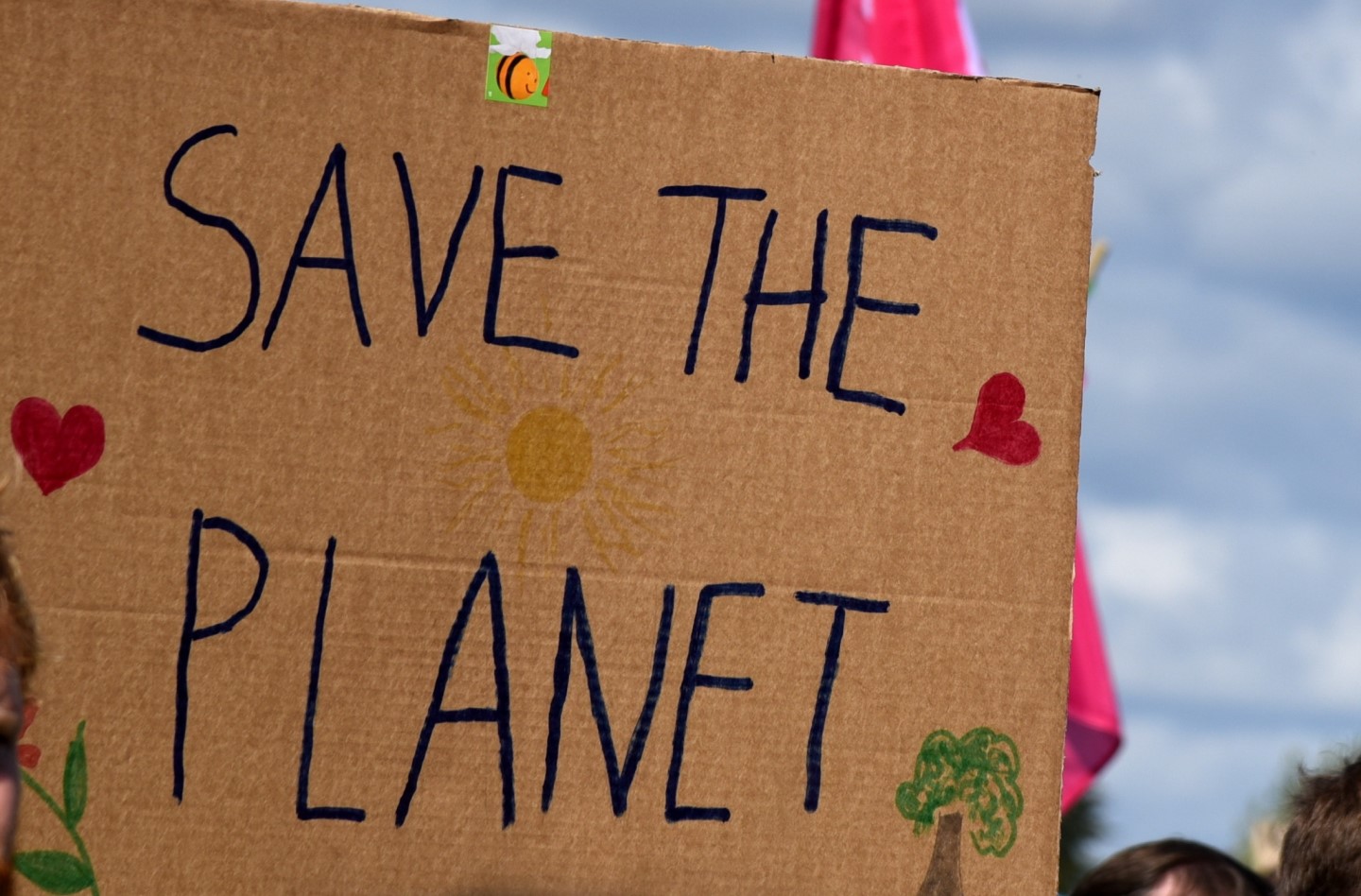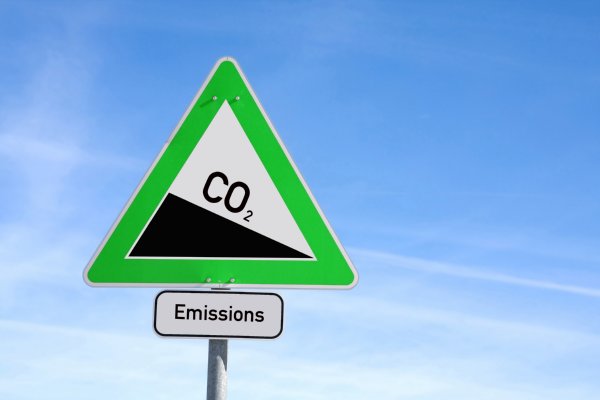Earth Day 2021 mobilises for urgent action to save the planet
This week is being marked by days of action capped by Earth Day 2021 on Thursday but what’s this all about?
Every year on April 22, Earth Day is held to mark the anniversary of the birth of the modern environmental movement in 1970. It started in the US and we’ve seen half a century of action that has brought hundreds of millions of people into the environmental movement.
Now, Earth Day inspires more than 1 billion people every year to take action through civic engagement and volunteerism in 193 countries, and it’s now seen as a key part of the path to greater engagement that helps to protect the planet.
The organisation Earthday.org has led campaigning that has evolved from an original focus on a cleaner environment to urgent demands for action as the devastating effects of climate change become more apparent day by day.

Harmful actions
It’s said that if we experienced the effects of our actions immediately, the moment we did them, then we would surely behave in completely different ways. It’s only because we don’t experience them until much later usually that we carry on doing things that are so harmful.
That’s why Earth Day is so crucial in the quest to change the ways we act. It’s an event that millions of us take part in around the globe and is designed to encourage us to fully take on board the serious environmental problems we face, from the climate crisis to air pollution and deforestation.
Earth Day 2021 is happening this week – we’re getting updated estimates that carbon emissions are set to soar in 2021 by the second highest rate in history. This is being driven by the developing economies, and China – as well as the US to some extent – harnessing energy from cheap, dirty coal to bounce back economically from the Covid slowdown.
Speaking exclusively to the Guardian, Faith Birol, the executive director of the International Energy Agency, and one of the world’s leading authorities on energy and climate, said: “This is shocking and very disturbing. On the one hand, governments today are saying climate change is their priority. But on the other hand, we are seeing the second biggest emissions rise in history. It is really disappointing.”
Tougher emissions targets
More positively, the UK government is toughening targets on greenhouse gas emissions for the next 15 years. We’re the first to do so, which is great news, as long as there is effective stimulus, clear strategy and excellent organisation – not just another round of hot-air emissions.

The government has taken on board recommendations of its independent climate advisors, the Climate Change Committee, and pledges that carbon dioxide is to be cut by 78% by 2035 compared with 1990 levels, an increase from the current target of a 68% reduction by 2030.
This will mean the government has to act now. A major part of the decarbonisation strategy must be the means for all UK homes to be fully energy-efficient – 40% of UK emissions come from households. Essential measures include low-energy LED lighting, alternative heating like heat pumps and solar, better insulation, and water-saving shower heads and taps that also reduce energy consumption.
It will definitely need the UK to ditch the internal combustion engine and embrace electric vehicles as soon as possible. And for the first time, climate law will be extended to cover international aviation and shipping.
Cost of climate change
The cost of not acting now is almost unthinkable. Climate change will ravage the world’s economies if nothing is done. Decarbonisation will be expensive – the Climate Change Committee says that low-carbon investment must scale up to £50bn a year in the UK.
But its report also underlines that fuel savings from more efficient equipment will cancel out investment costs. A self-financing rescue mission is entirely possible.
For Earth Day 2021, US president Joe Biden has invited 40 world leaders to take part in a virtual summit to highlight the urgency for stronger climate action. We can all hope that every one of them steps up and signs up to more radical, effective strategies to reduce greenhouse gas emissions.
Earth Day organisers have called for three days of climate action. This includes workshops, panel discussions, and special performances that focus on the theme for 2021 – Restore Our Earth. The events will cover natural processes, emerging green technologies, and innovative thinking that can restore the world’s ecosystems.
But the organisers also emphasise that this has to be a year-round effort:
“Climate change and other environmental degradations have broken our natural systems, leading to new and fatal diseases as well as a breakdown of the global economy. But just as climate change and coronavirus painfully remind us of the harm we’ve caused, Restore Our Earth reminds us of the opportunities that lay ahead.
“We must Restore Our Earth not just because we care about the natural world, but because we live on it. Every one of us needs a healthy Earth to support our jobs, livelihoods, health & survival, and happiness. A healthy planet is not an option — it is a necessity.”
Every action we take to reduce our energy and water consumption, as well as using less plastic and using eco-friendly products, makes a difference. Find out more about ways you can help.
You can learn more about the Earth Day organisation and events here.